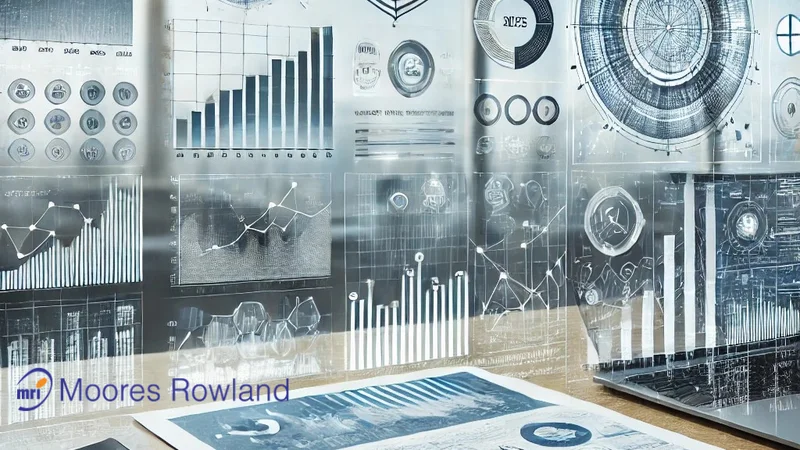Fintech
The words "financial" and "technology" are combined to form the term "fintech."
•
March 7, 2023

What is Fintech (Financial Technology)?
The words "financial" and "technology" are combined to form the term "fintech." Despite being a general phrase with a variety of meanings, it generally refers to the development of an industry when new technology use-cases are created and implemented to streamline more conventional-looking finance activities.
Fintech refers to a fairly broad range of far more "boring" uses, even though the general public often identifies the term with extremely cutting-edge new concepts like algorithmic trading and blockchain. They comprise routine banking, insurance, and other back-office risk management tasks, without being confined to those.
Fintech business models are supported by a wide range of technology. They consist of robotic processing automation, AI, machine learning, and blockchain technology, among other big data applications (RPA). Each use case is distinct, but the overall goal of disaggregating the financial services industry—which has historically benefited from extensive regulation—is what unites them all.
What effects are fintechs having on established financial services companies?
Three primary purposes are served by traditional financial service providers, mostly banks and credit unions:
They keep money in their possession, including deposits and a range of investment instruments.
-They provide loans, both secured (such as mortgages) and unsecured (like student lines of credit).
-They move money via global networks like SWIFT, from straightforward, daily payments to intercontinental money transfers (Society for Worldwide Interbank Financial Telecommunications).
For instance, cryptocurrency has significantly changed the payments industry (moving money). And while there is much discussion about the validity of cryptocurrencies as money, there is no question that they may be used as a means of exchange.
Related

Technology and Automation in Accounting and Auditing: Adapting to a Digital-First Future
The world of accounting and auditing is being reshaped by cutting-edge technologies, bringing opportunities and challenges for professionals and businesses alike. From blockchain to artificial inte...
Read more
Financial Reporting and Analysis in 2024: Key Updates You Need to Know
Financial reporting today isn’t just about crunching numbers; it’s about telling the full story behind a company’s performance, future potential, and impact. With new standards emerging, evolving a...
Read more
Navigating the Evolving World of Audit and Assurance
The world of auditing is not what it used to be—it's faster, smarter, and more focused on risk and fraud than ever before. With new technologies and methodologies reshaping how audits are done...
Read more